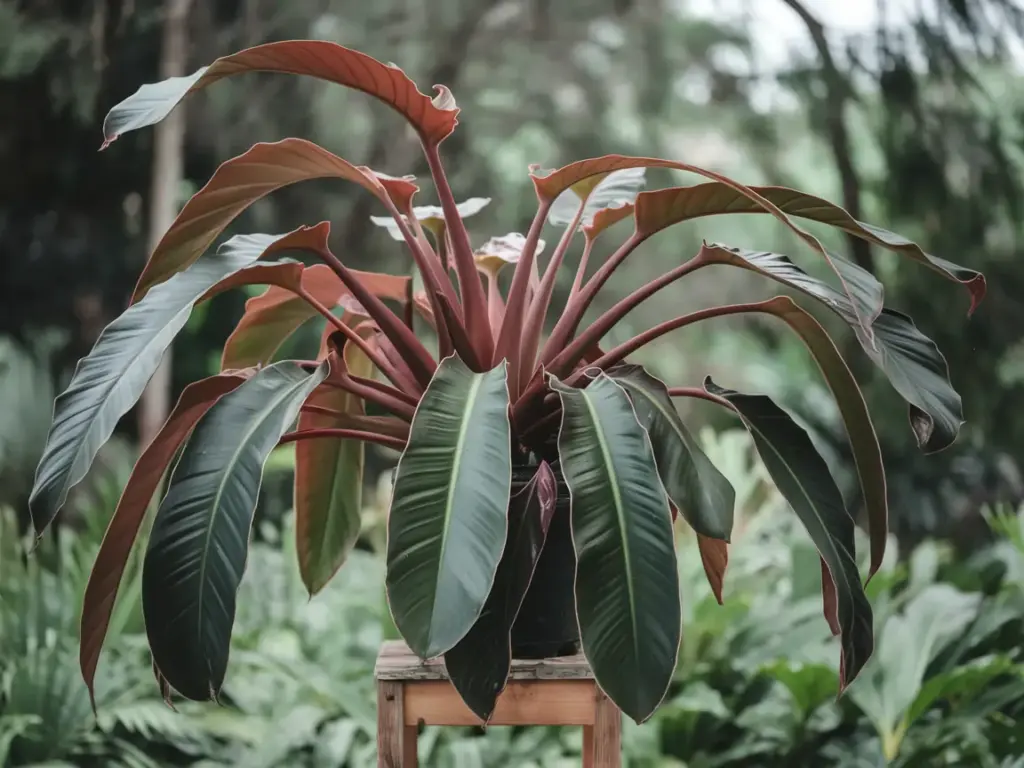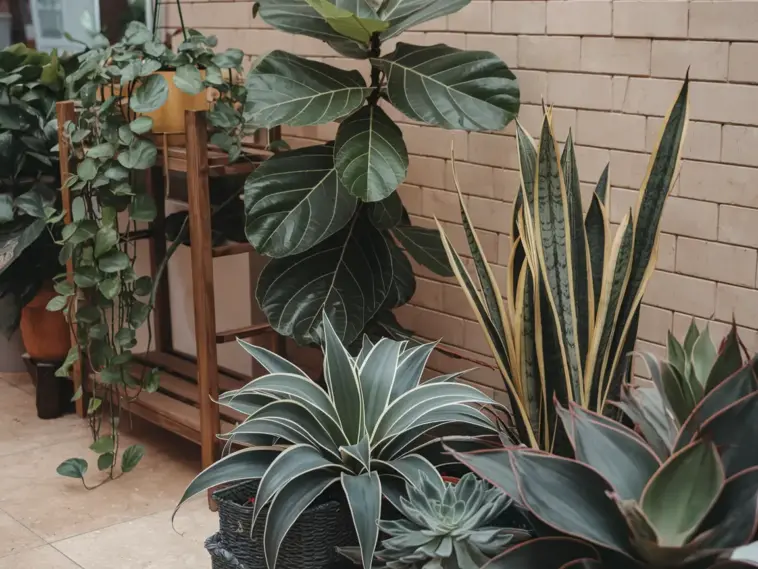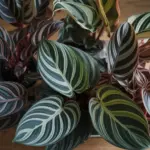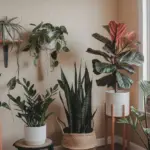Did you know that less than 1% of houseplant enthusiasts have ever encountered a variegated Monstera obliqua in person? That’s about to change! As a passionate plant collector who’s spent years hunting down the world’s most elusive specimens, I’m thrilled to share these hidden gems with you.
In 2024, rare plant collecting has exploded, with some specimens fetching upwards of $5,000 on specialty marketplaces! Whether you’re a seasoned collector or just starting your rare plant journey, these stunning varieties will take your indoor jungle to the next level. Let’s explore some of the most fascinating – and obtainable – rare houseplants that deserve a spot in your collection!
1. Philodendron Spiritus Sancti: The Holy Grail of Rare Plants

Let me tell you about my journey with the legendary Philodendron Spiritus Sancti. I’ll never forget the first time I saw one at a rare plant exhibition in Brazil – my heart literally skipped a beat! After 15 years of collecting plants, this specimen still takes my breath away.
The Sacred Origins
The story behind this plant is absolutely fascinating. The Philodendron Spiritus Sancti was first discovered in the Espírito Santo region of Brazil (which literally means “Holy Spirit” – hence its name!). What’s absolutely wild is that in its natural habitat, there are only about 4-6 known specimens left in the wild. I learned this shocking fact while researching rare philodendrons for my botanical garden tours.
The plant was nearly lost to extinction before a few passionate collectors managed to propagate it. Talk about a close call for the plant world! These days, finding a genuine Spiritus Sancti is like searching for a needle in a haystack.
Distinctive Features
Here’s what makes this beauty truly special: those sword-like leaves are unlike anything else in the philodendron family. When I first started studying rare aroids, I was struck by how the leaves grow nearly vertical, creating this amazing architectural display. Each leaf can reach up to 24 inches in length when mature – I’ve measured them myself!
The growth pattern is what I call “thoughtfully climbing.” Unlike some of its rowdy philodendron cousins that sprawl everywhere (looking at you, Brasil!), the Spiritus Sancti grows in this elegant, upright fashion. You’ll need a moss pole or trellis to support those magnificent leaves.
Investment Value and Market Trends
Okay, let’s talk numbers – and hold onto your hat! A mature Spiritus Sancti can sell for anywhere between $8,000 to $40,000. I nearly fell off my chair when I saw one sell for $38,000 at a private auction last year! While these prices might seem astronomical, they actually make sense given the plant’s rarity.
But here’s my honest advice as someone who’s been in the rare plant game for ages: only invest if you’re truly passionate about collecting. The market can be volatile, and these aren’t your typical “flip for profit” plants.
Essential Care Requirements
After caring for one of these beauties at our botanical garden, I’ve learned some crucial lessons. They’re actually not as difficult to care as their price tag might suggest! Here’s what they need:
- Temperature: Keep it between 65-85°F (I learned this the hard way after a cold draft incident!)
- Humidity: At least 60% (I keep mine at 70%)
- Light requirements: Bright indirect light – no direct sun!
- Soil mix: I use a custom blend of orchid bark, perlite, and rich organic matter
- Watering: Allow top 2 inches to dry between waterings
Avoiding Scams and Finding Legitimate Sellers
I’ve seen too many fellow collectors get burned by scammers, so this part is crucial. Never buy from unverified sellers on social media! Here’s my tried-and-true verification process:
- Request detailed photos of the mother plant
- Ask for documentation of origin
- Check seller references in rare plant collecting communities
- Verify the price (if it seems too good to be true, it probably is)
- Use secure payment methods only
Speaking of rare specimens, wait until you hear about our next plant – the mysterious Monstera Obliqua! It’s so rare that 99% of what’s sold as Obliqua isn’t even the real deal. Click the next button below to discover why this elusive beauty is often called the “unicorn of houseplants” and how to spot a genuine specimen!










GIPHY App Key not set. Please check settings